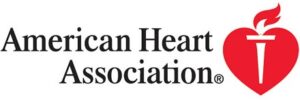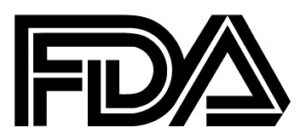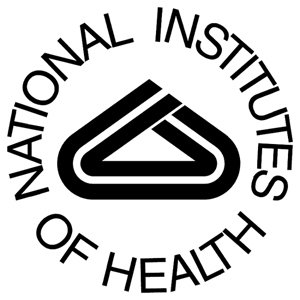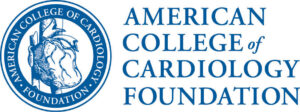The American Heart Association(AHA) recommends eating fish two to four times per week. However, even those who eat fish several times a week may not be getting enough omega-3. Farm raised fish have diminished amounts of EPA and DHA.
In addition, utilization of omega-3 can be reduced by low intake of certain vitamins and minerals, some prescription drugs, high intake of omega-6 acids and alcohol consumption. Individuals with certain medical conditions often need significantly more EPA & DHA that can reasonable be obtained by eating fish. Thus, fish oil supplements are recommended by medical professionals and organizations to ensure adequate omega-3 intake.
International Guidelines and Recommendations on Fish Oil Dosage
American Heart Association (AHA) Summary of Recommendations for Omega-3 Fatty Acid Intake:
| Population | AHA Recommendation |
|---|---|
| Patients without documented CHD | Eat a variety of oily fish at least two to three times a week. Fish must be baked or broiled, not fried. Fish oil supplement recommended. |
| Patients with documented CHD | Consume 1 g of EPA + DHA per day, from oily fish or supplements. Fish oil EPA + DHA supplements should be considered in consultation with the physician. |
| Patients needing triglyceride lowering | Two to four grams of EPA + DHA per day from supplements under a physician’s care. |
Others Official Recommendations for Daily Omega-3 Consumption
| Recommending Body | Recommendation Consumption |
|---|---|
 American Heart Association (AHA) | Eat fatty fish twice weekly; of if you are a heart patient, take Omega-3 EPA + DHA daily: CHD or CVD patients should get 1 g; patients who need to lower triglycerides should get 2 to 4 g. |
 U.S. Department of Agriculture (USDA) | Eat fish-sourced Omega-3. |
 International Society for the Study of Fatty Acids and Lipids (ISSFAL) | 500 mg per day EPA/DHA for adults. |
 U.S. Food and Drug Administration (FDA) | Take daily Omega-3 (EPA/DHA); up to 3 g, up to 2 g from supplements. |
 National Institutes of Health | EPA + DHA should equal 650 mg per day, with DHA to be at least 220 mg/day and EPA to be at least 220 mg per day. |
 Agence Francaise de Securite Sanitaire des Aliments (AFSSA) | Men should take 2 g EPA and 120 mg DHA per day, while women should take 1.6 g EPA and 100 mg DHA per day. |

According to the American Heart Association (AHA):
“Taking EPA+DHA ranging from 0.5 to 1.8 grams per day (either as fatty fish or supplements) significantly reduces deaths from heart disease and all causes.”
“Clinical trials have shown that Omega-3 fatty acid supplements can reduce cardiovascular events (death, non-fatal heart attacks, non-fatal strokes).”
“Coronary artery disease patients may not be able to get enough Omega-3 by diet alone. These people may want to talk to their doctor about taking a supplement.”
“Supplements also could help people with high triglycerides, who need even larger doses.”
Source:
1. Article at www.AmericanHeart.org
2. AHA Scientific Statement on Fish Consumption, Fish Oil, Omega-3 Fatty Acids and Cardiovascular Disease – Penny M. Kris-Etherton, PhD, RD; William S. Harris, PhD; ” Lawrence J. Appel, MD, MPH; for the Nutrition Committee

According to American College of Cardiology (ACC) Foundation’s Expert Consensus Document:
“Omega-3 fatty acids reduce cardiovascular events, sudden death, and overall mortality.”
“Omega-3 fatty acids may also affect CHD outcomes by decreasing triglyceride levels, ventricular arrhythmias, decreasing fibrinogen levels and platelet counts, modestly reducing blood pressures, and decreasing cell proliferation.”
“Omega-3 fatty acids have been tested in several secondary prevention trials. The GISSI-Prevenzione study is the largest of the controlled trials investigating omega-3 fatty acid supplements (1 g per day) and CHD risk. In this trial, total mortality was reduced by 20% and sudden death by 45%”.
Source:
1. Vogel, JH. et al. J. Am. Coll CardioL. 2005 July 5; 46(1): 184 – 221.
